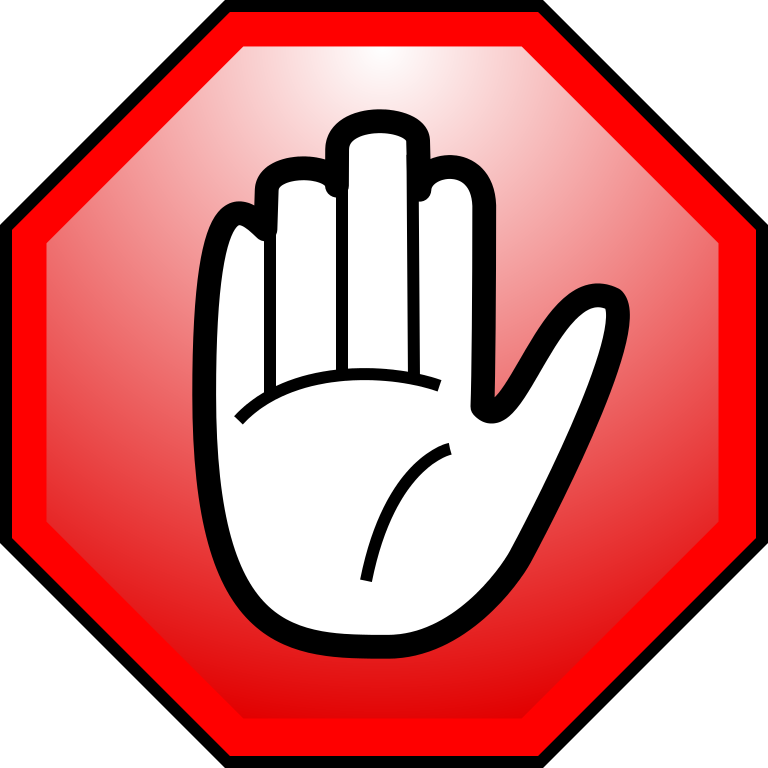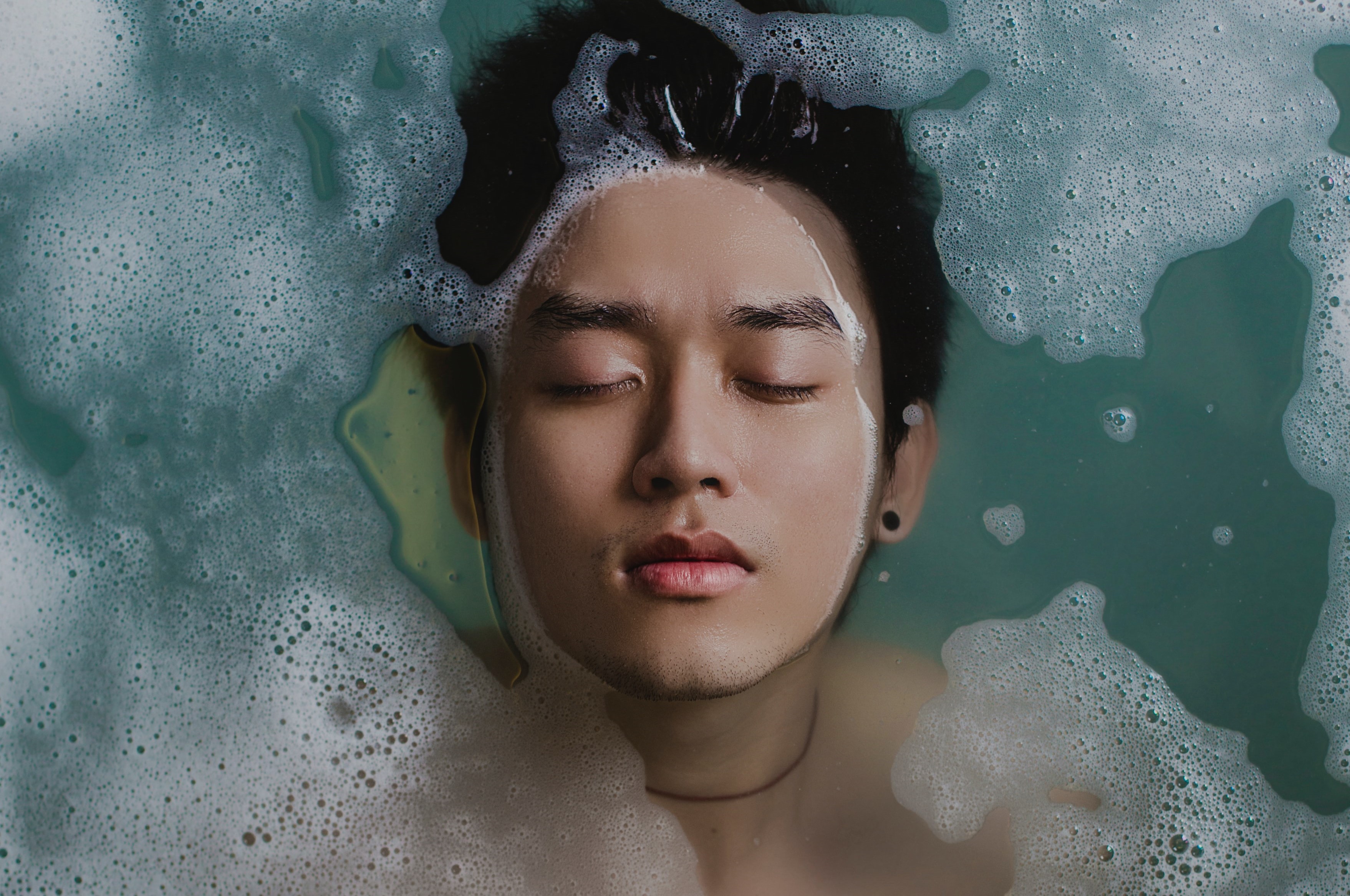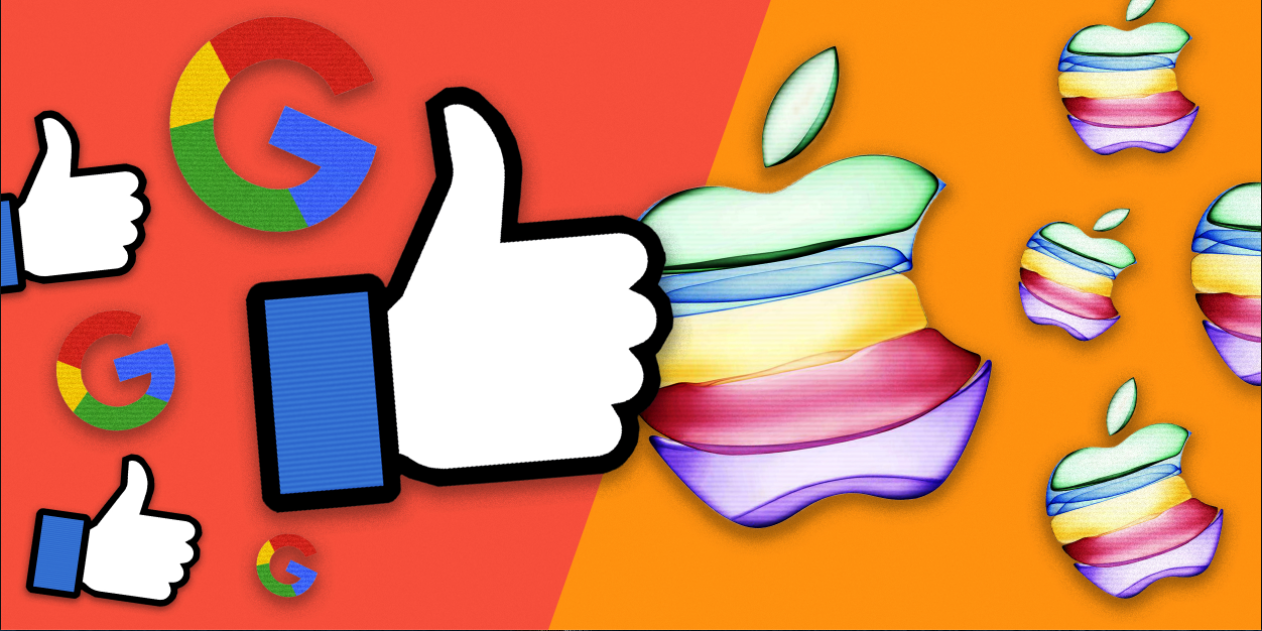
Digital detox I: How to get healthy online
Digital detox I: How to get healthy online https://www.citizenme.com/wp-content/uploads/2018/03/Digital-Detox.jpg 1600 1200 Beth Hepple Beth Hepple https://secure.gravatar.com/avatar/8f7fce6d2c6864aa79cc3244d05191f6?s=96&d=mm&r=gWe are citizens addicted. Not just to the things you might expect like alcohol and cigarettes, but to our screens and devices. There’s always a latest detoxing fad, but it’s time we started thinking differently about what it is we need to cut out of our lives. Spending less time with our phones and more time engaging with the world could be much more beneficial than giving up crisps and chocolate. The Cambridge Analytica/Facebook scandal this week has shown again why this could be so beneficial. Let’s talk about a digital detox.
You might be surprised at the changes you could experience by taking a digital detox. We’re not just talking about making changes to our home lives either, devices are a huge part of our work life too. For all the benefits of us interacting, there are many negative effects of being always online, including less time spent directly interacting with real people and more procrastination. We are also constantly jeopardising our privacy by using intrusive services, without a second thought about the data they collect about us. This allows organisations to create incredibly intimate profiles of us that skew the world we see online, making our online lives a little menacing to say the very least.
I don’t really need a digital detox, do I?
You might think you don’t spend that much time on your devices and that there’s no way a digital detox is applicable to you. But think about how many times a day you find yourself aimlessly scrolling down your many feeds and what those few minutes here and there add up to. Research shows on average we touch our screens 2,617 times a DAY. For heavy users, this figures jumps up to 5,427.
The effect that our online time has had on us is quite unbelievable. Even simple, human functions such as our attention span has been affected by our digital world. Back in the year 2000, when Britney Spears was topping the charts and you were big business if you owned a Nokia 3310, our attention span was reportedly 12 seconds, even with our addiction to Snake. Fast-forward 15 years and this has dropped down to eight seconds; the average attention span of a goldfish is nine seconds. Yep, that’s right, Bubbles the goldfish potentially has a greater attention span than you. The reason for this is clear; we simply can’t cope with the amount of data we consume, and we are used to getting the information we want instantly.
Social media continues to have a massive impact on us, in every way
With the amount of social media applications available to us, it’s kind of forgivable that our devices have become like an additional body part. Posts, snaps, tweets, pins, shares and the fact that we have to update our stories on Snapchat, Instagram and now also Facebook means that our time spent on social platforms is at an all-time high. In fact, research has suggested that we spend around two hours per day on the top five social media platforms alone – that’s a lot of interactivity. But do social media platforms have a positive effect on us? We’re citizens divided. We asked 500 people in both the USA and UK if the three social media giants of Facebook, Instagram and Twitter had more of a positive or negative impact on their lives.
| UK | USA | |||
| Positive | Negative | Positive | Negative | |
| 26% | 25% | 30% | 23% | |
| 31% | 14% | 26% | 15% | |
| 21% | 19% | 26% | 14% | |
Facebook has had a lot of negative press recently with fake news, political meddling, dark UX and data discrimination (to name a few) and that has clearly had an impact. Facebook are no longer the tech darling they used to be, with less than a third saying they have a positive impact on users’ lives. Instagram fares slightly better in the UK, but the general narrative is people do not think any of these social media platforms have overwhelmingly positive effects on their lives.
Changed your mind about needing a detox? Here’s what you need to do.
Over the coming weeks, we’ll be talking a lot about the digital detox and ways in which we can change to ensure that our behaviour online has a positive effect on our lives. In order to begin a successful detox, the first thing you should start with is your internet browser.
Step 1. Delete your browsing history and clear your cookies
 To get the most out of your detox, you should start your web browsing again. From scratch. Navigate to the settings of your browser and find the option to delete your history and clear your cookies. Delete from the very start of your browsing history for maximum impact. That way, you can see the internet with a brand new pair of eyes, without autocompletes and algorithms choosing what you should see.
To get the most out of your detox, you should start your web browsing again. From scratch. Navigate to the settings of your browser and find the option to delete your history and clear your cookies. Delete from the very start of your browsing history for maximum impact. That way, you can see the internet with a brand new pair of eyes, without autocompletes and algorithms choosing what you should see.
Wait, what are cookies?
Internet cookies store data on your device and are sent by a website while you are browsing. They are used to personalise content to you and track you around the web. This is how websites store information about your buying habits. They then use it to target you with advertising and, ultimately, help you spend more money with them. It’s all very sneaky!
You should probably get into the habit of routinely clearing your cookies, especially if you browse regularly with the likes of Google Chrome. However, the best thing you can do is browse in private mode. Private mode is a version of your browser that doesn’t store your search history or cache your pages and it disables cookie collection; so no data is saved. In most browsers, this feature is called ‘private browsing’ (or ‘incognito’ in Chrome). When it comes to cookies, let’s all stick to chocolate chip.
Step 2. Install an adblocker
 Adblocking technology is used to filter the adverts that you see while browsing. Installing an adblocker means that advertisers can’t track you around the web and hit you with their retargeting campaigns. They offer a better user experience as the pages you browse are less filled with clutter, you won’t have those annoying distractions and autoplay videos when you’re trying to read a blog post. Plus, you could use less battery power – it’s a win-win.
Adblocking technology is used to filter the adverts that you see while browsing. Installing an adblocker means that advertisers can’t track you around the web and hit you with their retargeting campaigns. They offer a better user experience as the pages you browse are less filled with clutter, you won’t have those annoying distractions and autoplay videos when you’re trying to read a blog post. Plus, you could use less battery power – it’s a win-win.
More and more people have started to use this technology, with 615 million devices having adblocking technology stored on them as of June last year. There are tons of adblockers out there for you to choose from, just pick the one that’s best for you.
Some of the most popular adblockers include:
It’s not just humans embracing the adblockers
Even the tech giants that create our devices and software are all too aware of the implications of our always-on world and the impact of dodgy advertising. Last year, with the release of iOS11, Apple started to block certain cookies after 24 hours on safari, so that users wouldn’t be tracked around the web. They also completely removed them from devices after a month, a move that deeply concerned advertisers at the time of announcement. More surprisingly though was the revelation that Google, whose business model relies heavily on paid advertising, announced that they would make changes to the Chrome browser to automatically block those adverts we all hate, such as full page ads and auto-playing videos. This is, of course, a move by Google to prevent the rise in adblock installs, which are damaging to them, but that’s not necessarily a bad thing. If it forces advertisers to implement better advertising practices and increases awareness on the issue, the move is definitely welcomed.
Step 3. Choose a different browser and search engine
 Although Safari’s settings are pretty good at protecting you online, and Chrome is soon to install their own adblocking technology, there are more secure ways to browse online. To better protect yourself online, try a new browser for size. This should help to protect your privacy and make you less of a target for tracking. Here are a couple to try:
Although Safari’s settings are pretty good at protecting you online, and Chrome is soon to install their own adblocking technology, there are more secure ways to browse online. To better protect yourself online, try a new browser for size. This should help to protect your privacy and make you less of a target for tracking. Here are a couple to try:
- Brave: Aims to block trackers and remove intrusive ads. It also has its own coin you can use to pay publishers you like (instead of them getting the money from advertising). It also has a super cool lion logo.
- Mozilla Firefox: a privacy-driven browser to block advertising and tracking.
Google is so prominent as a search engine that its become a verb, you no longer search, you google. But even with its updates, there’s no escaping the fact that Google’s business model means that advertising and tracking are likely here to stay. Instead, try an alternative search engine such as DuckDuckGo, which avoids showing personalised search results by not profiling users. Even better, make it your default browser so you’re always protected online. (You can easily do this from your preference/settings menu under ‘search’).
Your privacy is the priority
Privacy is a large topic, and one we couldn’t cover all of in a single post. Next time, we’ll take a deeper look at how your use of digital services affects your privacy and how a detox could protect it. As my wise colleague, Josh, keeps saying, there is no such thing as online privacy, just privacy. We’ll bear this in mind as we look at our phone usage and the companies that harvest our data. Until next time, happy (clean) browsing!
- Posted In:
- Business blog
- Citizen blog






Leave a Reply